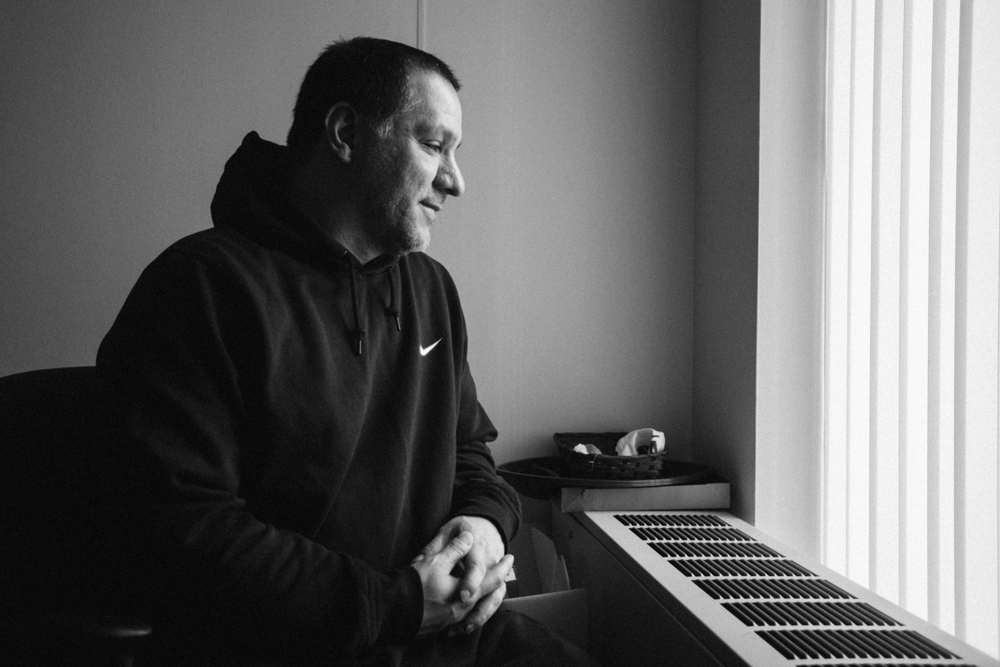
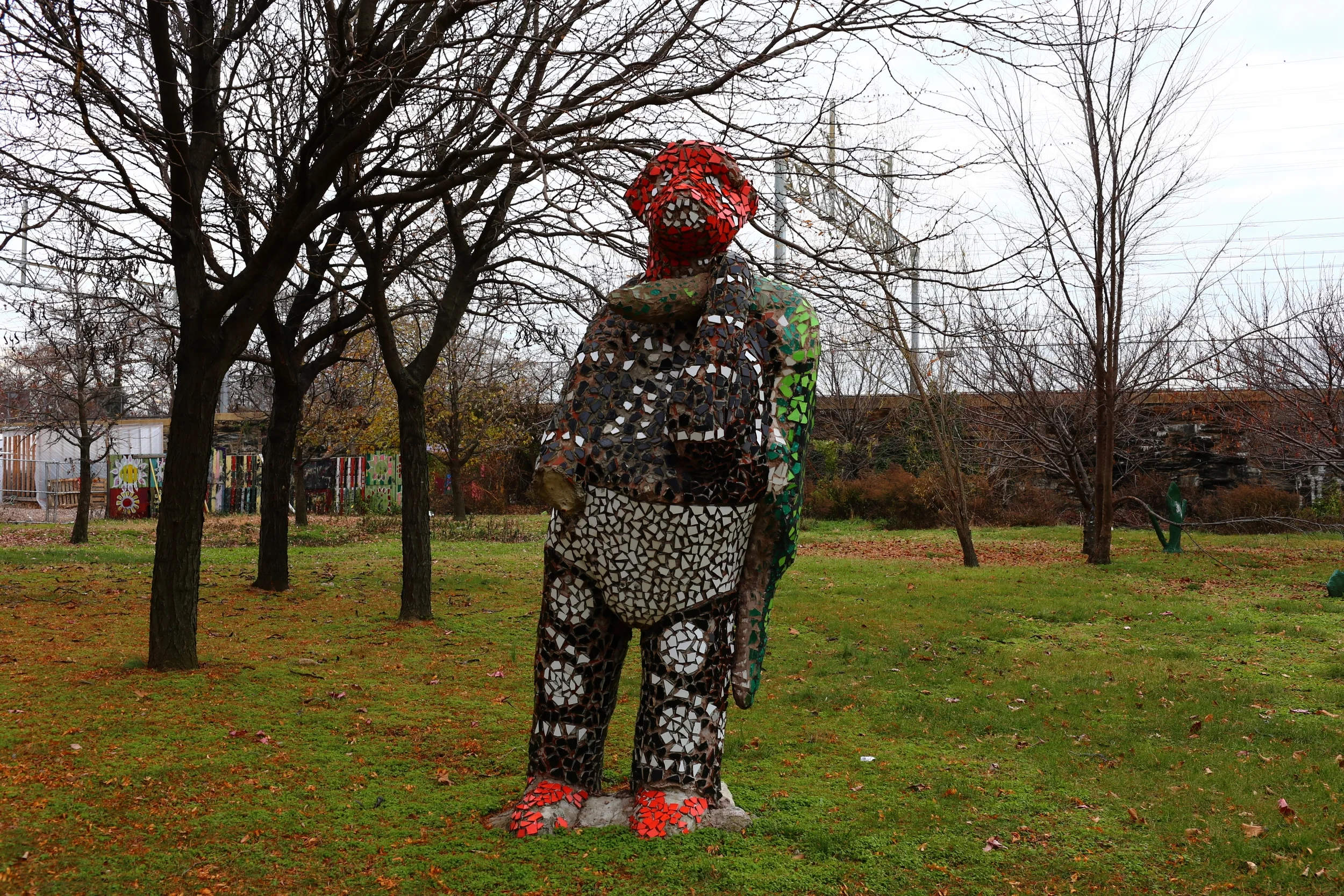

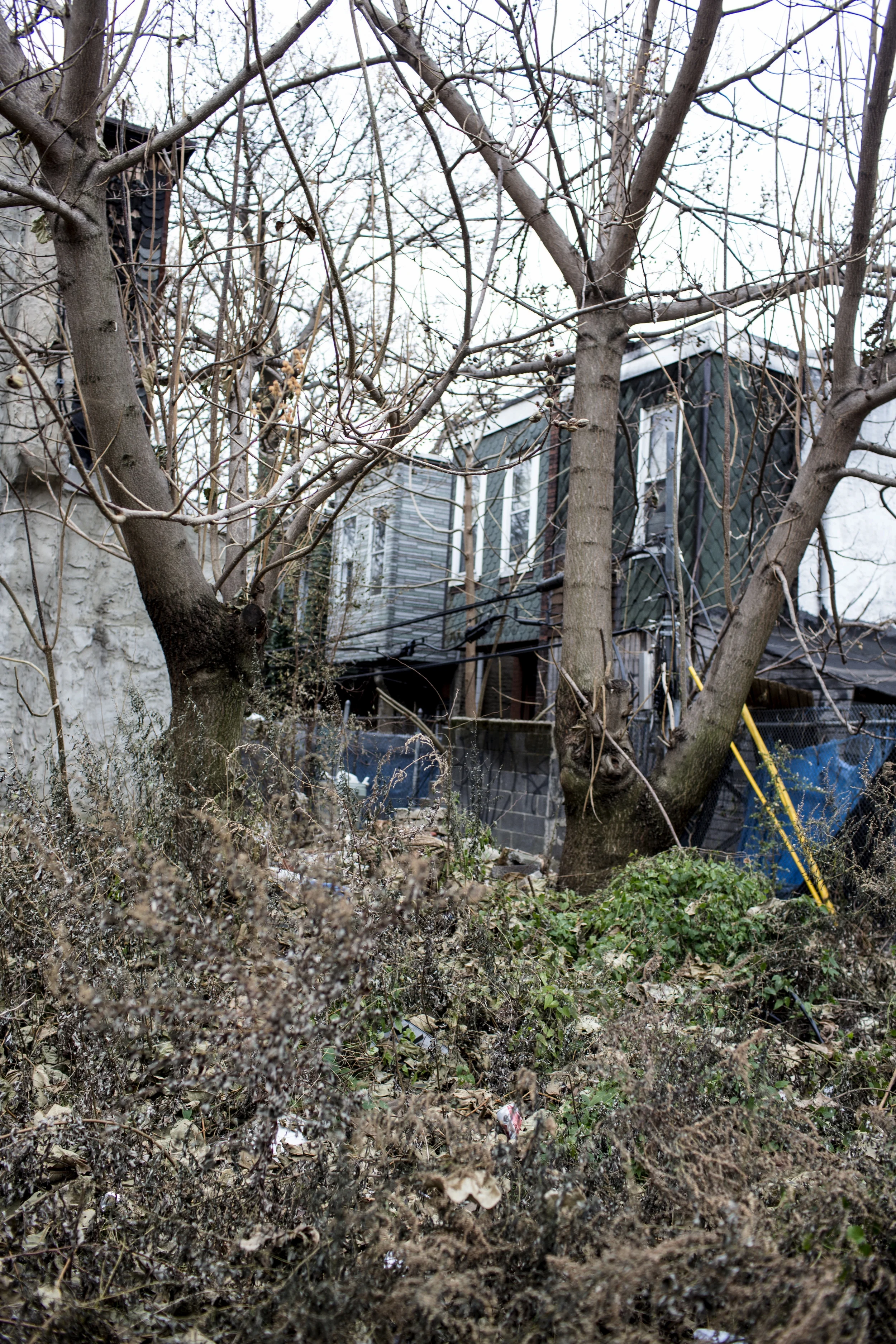

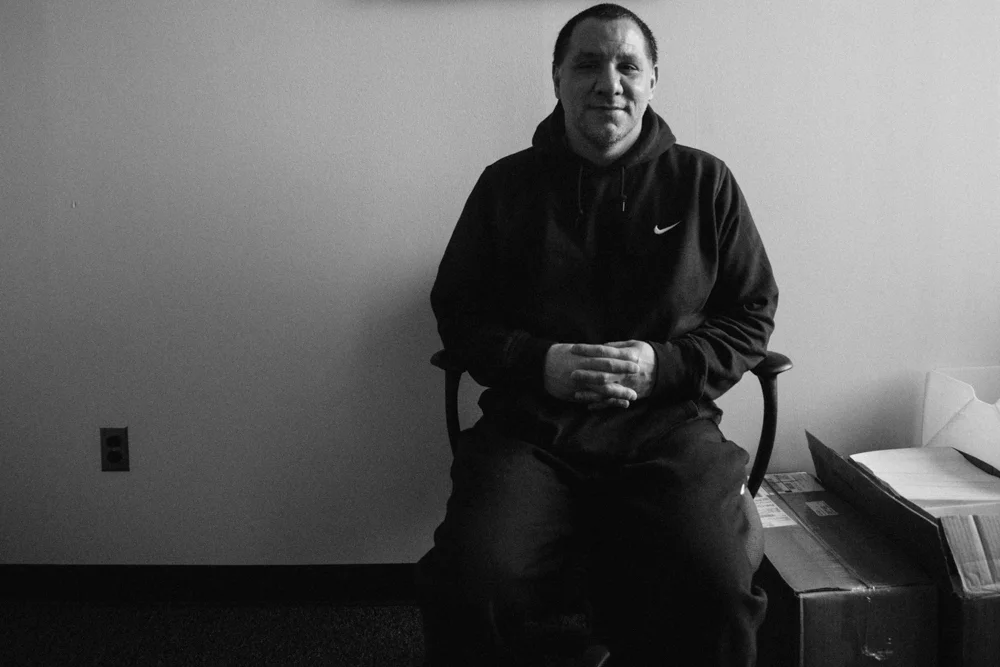

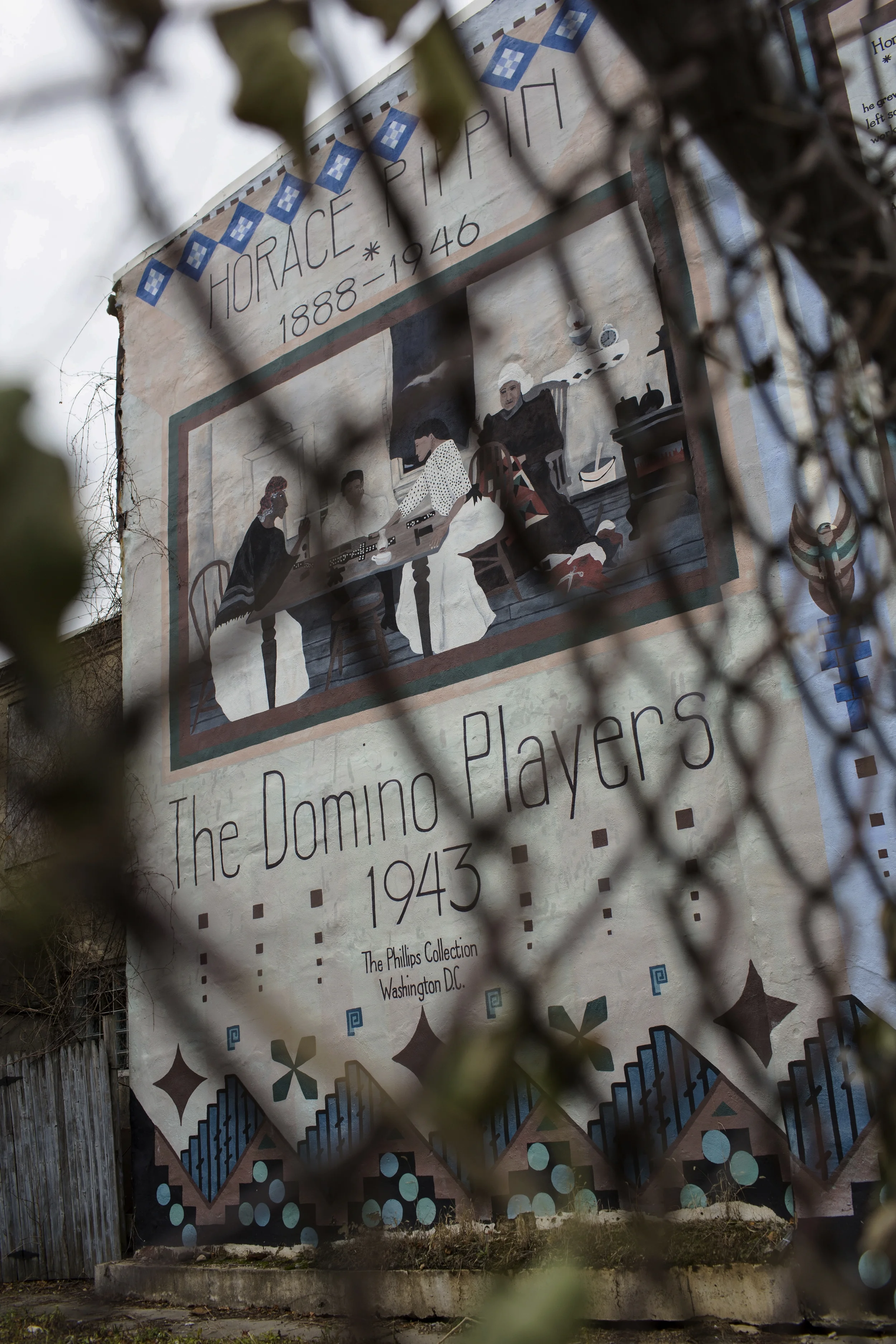
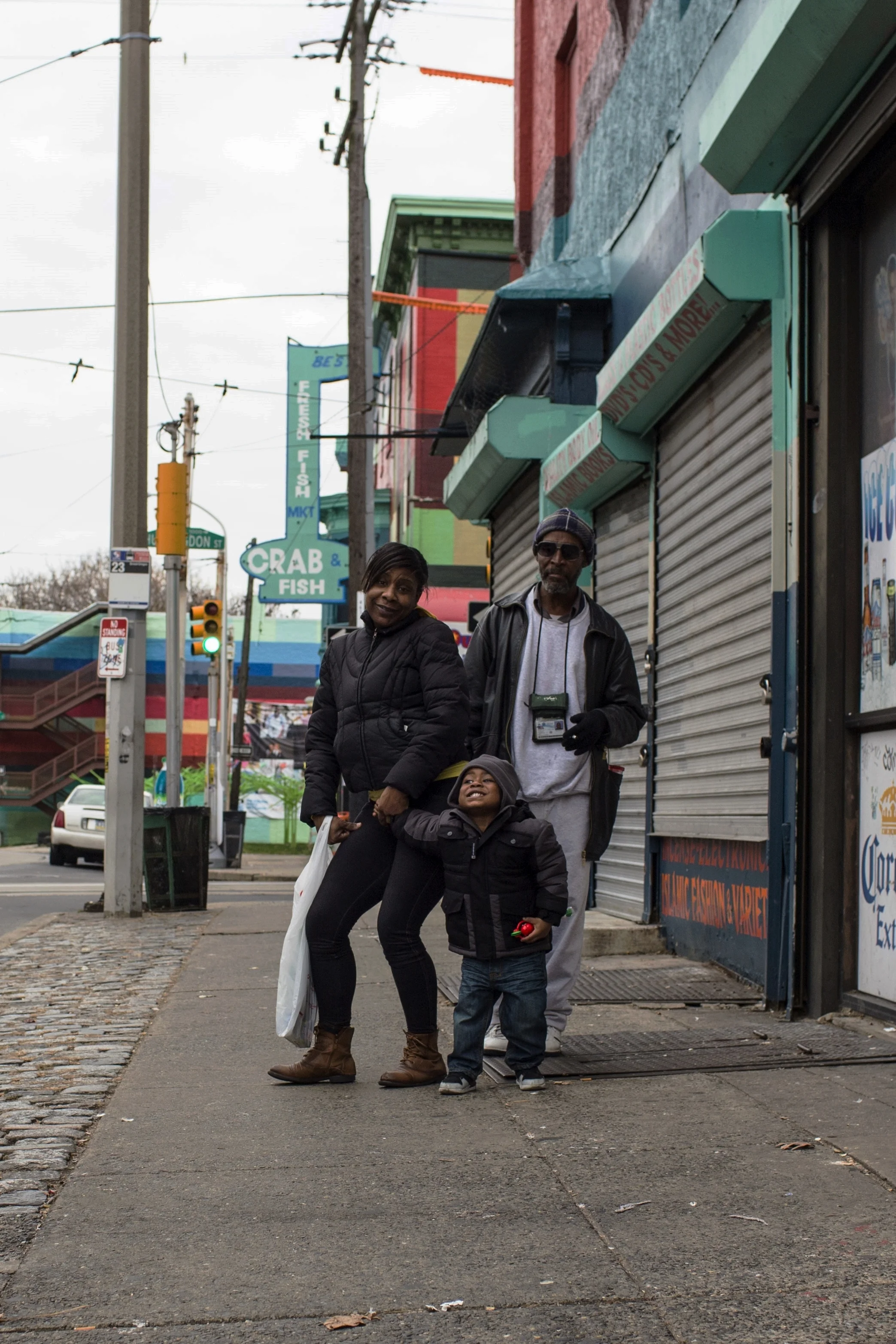

Jeff Lebron
North Philadelphia
For Jeff Lebron, family always comes first. Reflecting on the way that he was raised and the way kids in his neighborhood are being raised today, Jeff discusses how a culture of violence is linked to the influence of adult figures and the availability of community supports in a kid's life. After 23 years in prison, Jeff realized that there was nothing more gratifying for him than supporting his family and building up his community.
Money is Not Everything
“I went to prison. It was really hard, but I changed my life … [Now] I work 32 hours every week. It’s hard, but it’s honest living and I enjoy it. When I come home I have no stress, I kick my feet up, I have a cup of coffee, I get my kids and grandkids around me … My wife once told me, ‘I was happy when we were poor … I don’t want to be rich no more, I just want to be poor and happy with you’ … Money is not everything.
“Out of all the people that you consider as friends, a lot of them are not friends. They are just there because they’re making money with you. Once the fan hits and you’re in jail, all those friends are going to disappear … The people supporting me were my wife, my kids and my family.”
Get Involved
“My father was so strict, because he tried to save us from the streets. He saw my older two brothers doing what they were doing, so he was trying to save us from that lifestyle. I was not allowed to go outside … My father being so strict, it made me rebellious. He was always giving me ultimatums, ‘my way or the highway.’ So one day, when I was 12 or 13, I left.
“Sometimes you need that tough love because you live in a tough city. [You have to] show them some tough love so these streets don’t eat them up alive. It’s real out there … Some parents are really doing good, but they're also doing harm by not getting involved more in the community and in their neighborhood. By you taking your kids and hiding them in the house, that didn't solve the problem. [You] might've solved your problem, but [you] didn't solve the overall problem. What they should be doing is what they did when we was growing up. Just get involved. Just talk. You don't always have to get violent or threatening. When you walk by and you see something you don't like, just speak about it: ‘Excuse me, I got my kids here. Can you please not do that?’ And if you do it more often, people'll start [thinking] ‘Oh, here comes Ms. Verna,’ or ‘Here comes Ms. Maria. Don't do that in front of them.’
Rebuilding Community
“We used to have a lot of community centers. They're all either closed or knocked down. And for some reason you can find money for war, but you can't find money for community centers. Before, we used to go to the YWCA, or we go to the boys club … and we used to have sports and games and pool and foosball. They don't have that no more. So the kids don't have nothing to do.
“Another thing that I notice now [unlike] back then [is] respect for our elders … [Kids don’t listen to their parents] because the parents aren’t educated. How can you teach a kid when you are a kid yourself? They are doing everything other than being a parent.”
Other Side of the Line
“When I came home from prison, I had some community service to do. So I contacted Quinzel [Tomoney], and he said, ‘I have this program, Jeff, come down and see how you like it.’ So we did it one day. We started knocking on doors and trying to educate the community about gun violence. I really enjoyed this, because we were doing something really positive.
“For the first time, I was helping somebody. And it feels good being on the other side of the line … With us growing up in the area that we did … When you speak to the kids, and they know who you are, and the status you had at one time [on the streets], you have some truth to it … ‘I did what you did. I spent 23 years in prison.’ By you talking to them and them knowing who you are as a person, hopefully it would help them listen. And if I could save one, I’d be pretty happy.
“The silence has to cease. Somebody has to take initiative and do something now. If we don’t do it, who else is going to do it?”
- - - - - - - - - - - - - - - - - - - - - - - - - - - - - - - - - - - - - - - -
Interview and portraits by Dyana Wing So | Text by Janne Hu | April 2015